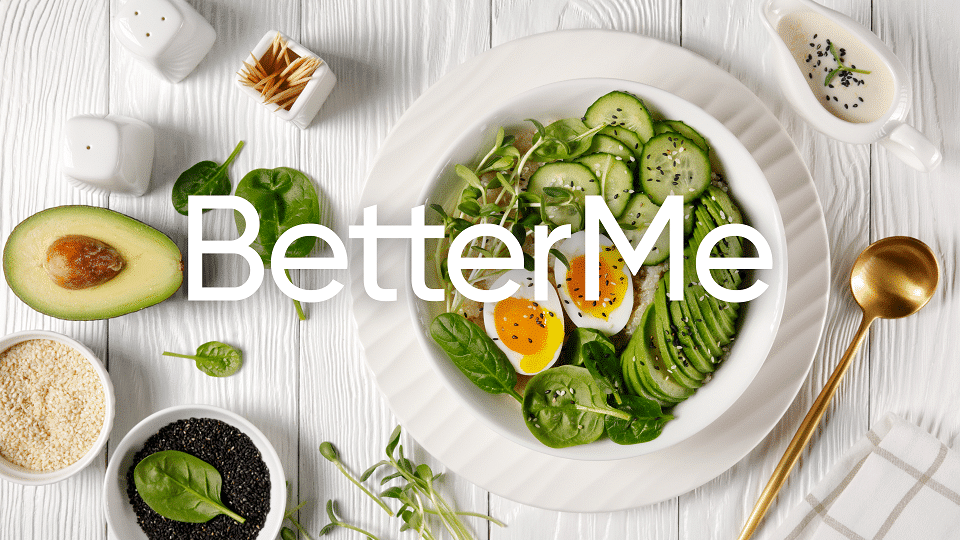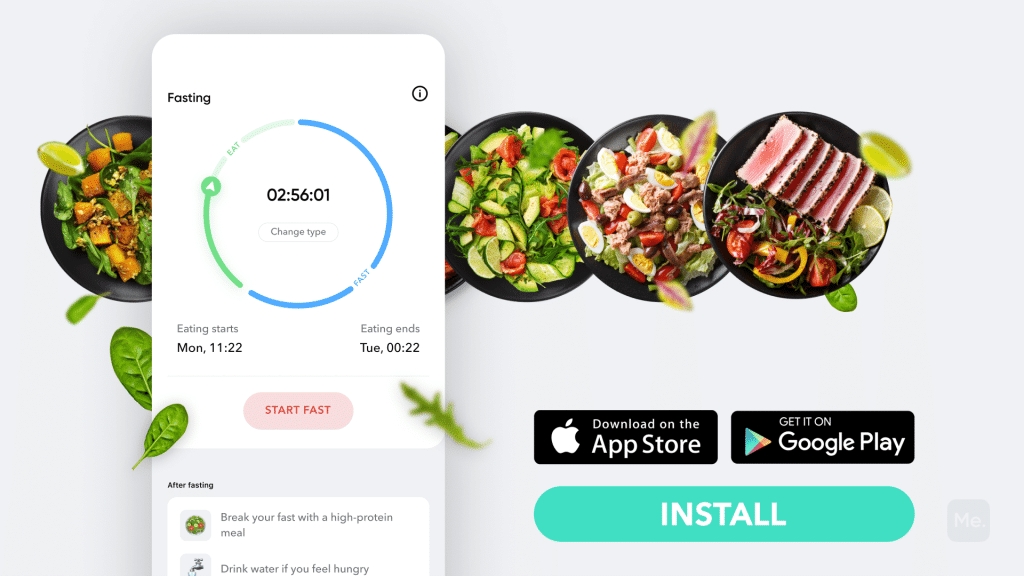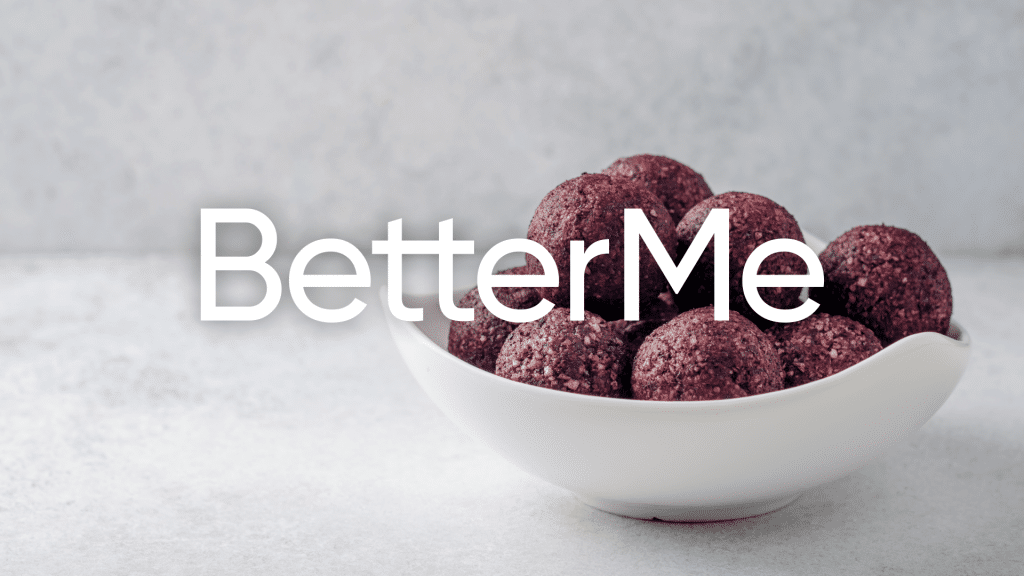It seems like every time you turn around there’s a new weight loss program on the market. One of the latest diet trends is centered on metabolism. But what is the metabolic weight loss program? How does it work? Is it effective? Here’s a look at what you need to know.
The Metabolic Weight Loss Program is based on the premise that everyone has a unique metabolism. Therefore, the key to successful and sustainable weight loss is to find the right balance of foods and exercise for your individual metabolism.
The program starts with a comprehensive assessment that includes a medical history, physical examination, blood tests, and a detailed questionnaire. Based on this information, the team of doctors, nutritionists, and exercise specialists develops a personalized plan for each patient.
There are many paid versions of this program, so if you’re wondering “what is the best metabolic weight loss program?”, the answer may vary depending on who you ask.
However, in this article, we’ll explore metabolic diets and how they may work for you. We’ll give you insights that can help you choose the best program for you and your needs.
What Is Metabolic Weight Loss?
Your metabolism is the process by which your body converts food into energy. A slow metabolism can cause weight gain, while a fast metabolism can lead to weight loss.
There are several factors that are known to influence your metabolism, including (3):
- Age: Your metabolism naturally slows down as you age.
- Muscle mass: The more muscle mass you have, the higher your metabolism. Muscle tissue burns more calories than fat tissue.
- Diet: Eating foods that are high in protein can boost your metabolism because they take more energy to break down. Other food components such as caffeine and spices can also have a temporary effect on your metabolism.
- Exercise: Exercise is one of the most effective ways to boost your metabolism. It does so by building more muscle mass and increasing the amount of calories your body burns at rest.
Rather than work individually, these factors interact with each other to influence your metabolism.
Read More: One Meal A Day Diet? – Real Or Too Good To Be True?
How Does The Metabolic Weight Loss Program Work?
The Metabolic Weight Loss Program is a weight loss program that is based on the physiology of metabolism. The program is intended to work by teaching you how to eat and exercise in a way that aims to optimize your metabolism.
The steps involved in the program vary depending on the service providers. Generally, it involves several phases such as:
Phase 1: Determining Weight Loss Goals
Here, you’ll work with a health professional to set realistic weight loss goals. This ensures that you stay motivated and on track throughout the program.
Phase 2: Metabolic Testing
In order to tailor the program to your individual needs, you’ll undergo tests to evaluate markers of your t metabolism. This will help give the health professionals an idea of how many calories you need to eat and what type of exercise is best for you.
Some tests used to create a metabolic profile include:
- Resting metabolic rate test: This measures the number of calories your body burns at rest.
- Body composition test: This measures the percentage of fat, muscle, and water in your body.
- Maximal oxygen uptake test: This measures how much oxygen your body can use during exercise.
Phase 3: Creating And Implementing A Weight Loss Plan
After the results of your tests have been analyzed, you’ll be given a customized weight loss plan. This plan will include a diet and exercise routine that is designed to help you lose weight in a healthy way.
The particular interventions range from service provider to service provider, but may include:
Dietary Changes
You’ll be given a list of dietary changes and goals. This will help you create a healthy diet that optimizes your metabolism.
Exercise Recommendations
You’ll be given specific exercises to do, based on your fitness level and goals. These exercises will help you increase your muscle mass and burn more calories.
If you wish to free yourself from all the extra pounds that have been weighting you down for way too long, start using the BetterMe app and overhaul your entire life!
Lifestyle Changes
You may be given advice on other lifestyle changes that can help you lose weight, such as getting enough sleep and managing stress.
Intensive Meal Replacement Programs
In some cases, you may be placed on an intensive meal replacement program. This involves replacing all or most of your meals with shakes, soups, or other pre-made foods.
Monitored Weight Management Programs
A more intense version of the program may involve regular check-ins with a health professional. This ensures that you’re staying on track and getting the support you need to reach your goals.
Medications
In some cases, you may be prescribed medications to help with weight loss. These can include appetite suppressants, fat blockers, and metabolism-boosting drugs.
Endoscopic Procedures
In some cases, you may undergo endoscopic procedures to help with weight loss. These may be non-surgical procedures such as gastric balloons or surgical procedures such as gastric sleeve surgery.
Phase 4: Maintenance
After you’ve reached your weight loss goals, you’ll enter the maintenance phase of the program. This ensures that you keep the weight off in the long-term.
The steps involved in this phase may include:
- Regular check-ins: You’ll continue to meet with a health professional on a regular basis. This helps you stay on track and make any necessary adjustments to your plan.
- Exercise: You’ll continue to exercise regularly, as this will help you maintain your weight loss.
- Dietary changes: You’ll continue to eat a healthy diet, as this will help maintain weight loss.
- Lifestyle changes: You’ll continue to make lifestyle changes that support your weight loss, such as getting enough sleep and managing stress.
Read More: The Banting Diet: History, How It Works, And Everything Else You Should Know
What Can You Eat On The Metabolic Diet?
The term “metabolic diet” includes diets such as:
- The fast metabolism diet
- The high metabolism diet
- Metabolism miracle
- MD diet factor
All these diets are a spin on the Atkins diet; which is a high protein diet that includes few carbs, and lots of fats (9).
The idea behind the metabolic diet is to boost your metabolism by eating more often (5-6 small meals per day) and including certain foods in your diet (those that are claimed to boost your metabolism).
It’s a low-carb diet that causes your body to shift from burning carbs for energy, to burning fats for energy.
Some of the best metabolic foods to eat on this diet include:
Non-Starchy Vegetables
Starch is a type of carbohydrate that is broken down into sugar and used for energy. Non-starchy vegetables are those that contain very little starch. Examples include:
- Leafy greens (spinach, kale, lettuce)
- Celery
- Cucumber
- Broccoli
- Cauliflower
These vegetables are essential on the metabolic diet because they are low in calories, but high in nutrients. They also help to fill you up, so that you’ll be less prone to cravings and unhealthy food choices.
Some of these vegetables, like cauliflower, are great low-carb substitutes for starchy foods. For example, you can use cauliflower rice in place of regular rice, cauliflower pizza crust in place of regular pizza crust, and so on.
Protein
Protein is an essential nutrient that helps to build and repair tissues, produce hormones, and boost your metabolism. It’s also necessary for weight loss, as it helps to keep you feeling full and satisfied after meals (2).
The best sources of protein on the metabolic diet include:
- Lean meats (chicken, turkey, fish)
- Eggs
- Tofu
- Tempeh
- Beans
- Nuts
- Seeds
Yanking yourself back in shape has never been so easy with our game-changing fitness app! Start transforming your life with BetterMe!
Healthy Fats
Fats are an essential part of the metabolic diet because they work to promote satiety, boost your metabolism, and protect against disease (1). However, not all fats are created equal. It’s important to choose healthy fats rather than unhealthy saturated and trans fats.
Some of the best sources of healthy fats include:
- Mono-unsaturated fats: olive oil, avocado
- Polyunsaturated fats: nuts, seeds, fish
- Omega-3 fatty acids: flaxseed, chia seed, fish
Complex Carbohydrates (In Moderation)
Some versions of the metabolic diet do allow for the consumption of complex carbohydrates, in moderation. This is because complex carbs contain fiber and other nutrients that are essential for health (7).
The best sources of complex carbohydrates include:
- Whole grains (brown rice, quinoa, oats)
- Starchy vegetables (potatoes, sweet potatoes, winter squash)
Carbs will likely account for less than 50% of your daily caloric intake on the metabolic diet.
Fruits
Certain fruits are also allowed on the metabolic diet, in moderation. This is because fruits contain fiber, vitamins, minerals, and antioxidants that are essential for health (5). However, they also contain sugar, so it’s important to limit your intake.
The best sources of fruits include:
- Berries (strawberries, raspberries, blueberries)
- Citrus fruits (oranges, lemons, limes)
- Apples
- Peaches
- Plums
Most of these fruits are lower in sugar than others, making them a better choice for the metabolic diet.
What Can’t You Eat On The Metabolic Diet?
There are certain foods that you need to avoid or limit on the metabolic diet, as they can interfere with weight loss and promote disease. These include:
- Refined carbs: white bread, pasta, pastries
- Sugar: candy, soda, fruit juice
- Trans fats: margarine, vegetable shortening, fried foods
- Processed meats: bacon, sausage, deli meats
- Alcohol: beer, wine, spirits
How To Enhance The Metabolic Diet
The metabolic weight loss program is all about making healthy lifestyle choices. For best results, you’ll want to:
Exercise Regularly
In addition to following the metabolic diet, you’ll also need to exercise regularly. Exercise helps to boost your metabolism, burn calories, and promote overall health (4).
Get Plenty Of Sleep
Sleep is essential for health and weight loss. When you don’t get enough sleep, your body produces more of the hormone cortisol, which can lead to weight gain (6).
Stress Less
Chronic stress can interfere with weight loss by raising levels of the hormone cortisol (9). To avoid this, make sure to find ways to relax and de-stress.
Meal Prepping And Planning
To make following the metabolic diet easier, try meal prepping and planning. This way, you’ll always have healthy, metabolism-boosting meals on hand. You’ll avoid temptation and stick to your diet.
The Bottom Line
The metabolic diet is a program that can help you lose weight and may improve your overall health. It’s based on the principle of consuming nutrient-rich foods that are thought to promote satiety, boost your metabolism, and protect against disease. To get the most out of the diet, be sure to exercise regularly, get plenty of sleep, and find ways to relax and de-stress.
DISCLAIMER:
This article is intended for general informational purposes only and does not serve to address individual circumstances. It is not a substitute for professional advice or help and should not be relied on for making any kind of decision-making. Any action taken as a direct or indirect result of the information in this article is entirely at your own risk and is your sole responsibility.
BetterMe, its content staff, and its medical advisors accept no responsibility for inaccuracies, errors, misstatements, inconsistencies, or omissions and specifically disclaim any liability, loss or risk, personal, professional or otherwise, which may be incurred as a consequence, directly or indirectly, of the use and/or application of any content.
You should always seek the advice of your physician or other qualified health provider with any questions you may have regarding a medical condition or your specific situation. Never disregard professional medical advice or delay seeking it because of BetterMe content. If you suspect or think you may have a medical emergency, call your doctor.
SOURCES:
- A healthy approach to dietary fats: understanding the science and taking action to reduce consumer confusion (2017, nih.gov)
- Dietary protein intake and human health (2016, pubmed.gov)
- Factors influencing variation in basal metabolic rate include fat-free mass, fat mass, age, and circulating thyroxine but not sex, circulating leptin, or triiodothyronine (2005, pubmed.gov)
- Health Benefits of Exercise (2018, nih.gov)
- Health Benefits of Fruits and Vegetables (2012, nih.gov)
- Molecular ties between lack of sleep and weight gain (2016, nih.gov)
- Simple vs. Complex Carbohydrate Dietary Patterns and the Global Overweight and Obesity Pandemic (2017, nih.gov)
- Stress and Obesity: Are There More Susceptible Individuals? (2018, nih.gov)
- The Atkin’s diet controversy (2006, nih.gov)















